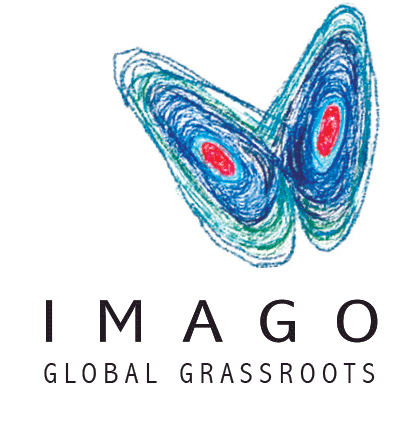The universal language
- juanito811
- 14 ago 2014
- 2 Min. de lectura
Meetings at SEWA often start with a song. When Lucila and I began our session with the youth and daughters of the waste-pickers cooperative, however, we opted for a dance. Fifteen girls in brightly colored saris, some with mirrors and sequins embroidered into the fabric, joined us. Their steps buoyant and eyes bright, they quickly learned our dance steps and added their own flourishes: hands flipped, heads tilted, smiles wide.
After the music ended, some of the girls were exhilarated by our shared dance, and sat alert, awaiting our instruction. A few girls, however, were still shy: they sat quietly, their eyes filled with age beyond their youthful faces. I quickly found out that these were the girls who are still waste-picking to support their families. Our wonderful translator, Shalini-ben, filled me in on the extreme hardships these girls lead, from the uncertainty of their meager incomes to the severe health and social implications of their trade. Even so, when we got around to the topic of poverty, only one of the 15 girls described herself as “poor” – and she said she had made a mistake with the clickers!
After the session was over, the older generation of the waste-pickers cooperative joined in our closing dance. You never would have guessed that these women are the poorest of the poor. Their eyes were sparkling and their postures proud as they twirled around, singing and teaching a traditional Gujarati circle dance. Although they have as little English as I have Gujarati, we were able to enjoy this dance together. I even received gracious invitations to dine at people’s homes that night!
The results of our focus groups from the day are wonderfully inspiring: nearly all of the women said that their lives have improved significantly after joining SEWA, both because of the trade support that improves their livelihoods and because of the community of women lifting each other up. Most importantly, they agree that SEWA has given them a VOICE: they have the strength to raise their heads and speak up, in communities where they were previously silenced due to their gender and trade. All the more important to help SEWA grow and allow more women the opportunity to find their voices and reclaim their seat in society!
Kerry Yang













Comentarios